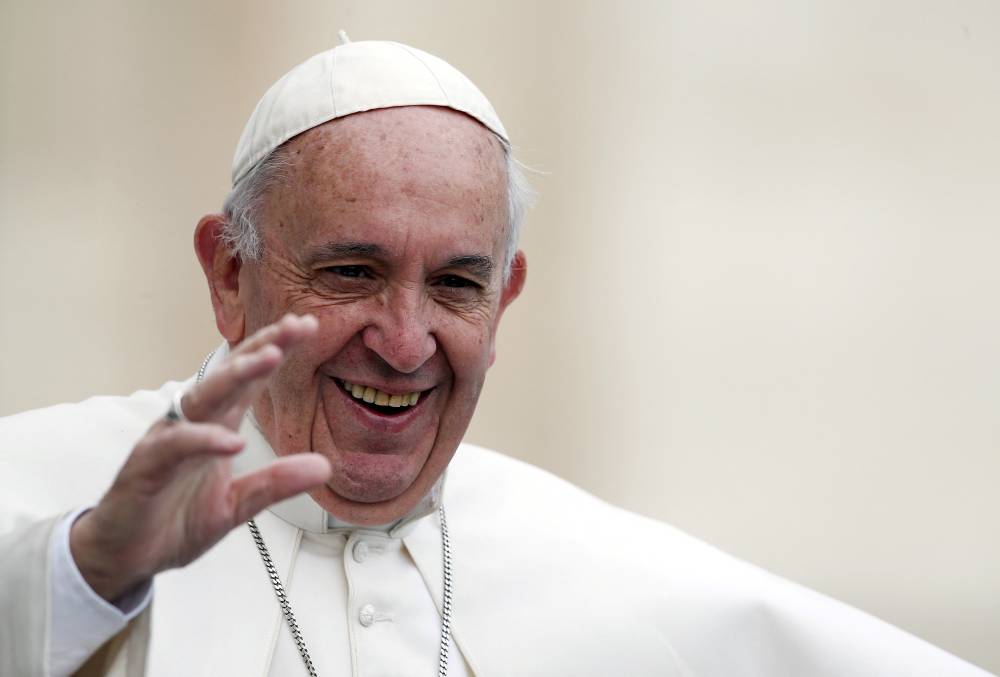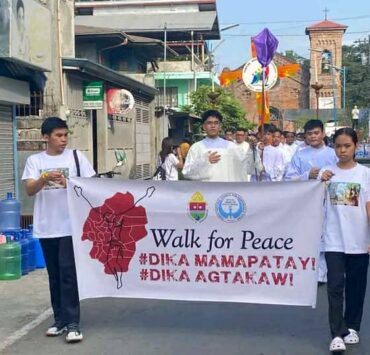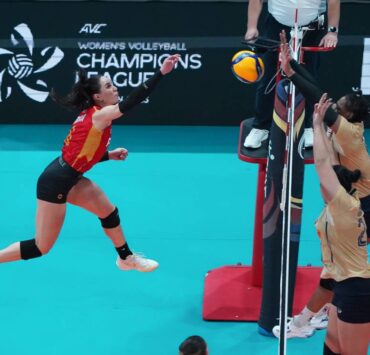Pope Francis remembered for backing peace process in Mindanao

ILIGAN CITY—Leaders of the Bangsamoro Autonomous Region in Muslim Mindanao (BARMM) mourned the passing of Pope Francis on Monday.
“We in the Bangsamoro government extend our deepest condolences to the Catholic Church, our Catholic residents in the region, and to all who mourn the loss of Pope Francis,” read a statement from BARMM interim Chief Minister Abdulraof Macacua.
“The news of his passing brings profound sadness as Pope Francis was a beacon of hope and a tireless advocate [for] peace, justice and interfaith dialogue,” Macacua added.
“In this time of mourning, we stand with our Christian brothers and sisters, and we reaffirm our commitment to fostering a society where peace and mutual respect are the cornerstones of our existence,” he said.
Member of Parliament Naguib Sinarimbo noted that the Pope “has been a tireless advocate of justice, peace and mutual understanding in a world facing great human suffering.”
“We remember with profound gratitude the expression of support of His Holiness in 2015 for the peace process in Mindanao,” Sinarimbo said.
In a speech before government officials and the diplomatic corps in Malacañang during his visit to the country in 2015, Francis praised “efforts to promote dialogue and cooperation” among peoples of various sociopolitical and religious persuasions.
Shot in the arm
“In a particular way, I express my trust that the progress made in bringing peace to the south of the country will result in just solutions in accord with the nation’s founding principles and respectful of the inalienable rights of all, including the indigenous peoples and religious minorities,” Francis had said.
The pontiff’s statement provided a big shot in the arm to efforts to legislate the Charter of the autonomous region as it faced rough sailing on Congress due to persistent questions of constitutionality.
As the Vatican was preparing for the visit, the Moro Islamic Liberation Front, which engaged the national government in 17 years of political negotiations to end the four-decade Moro rebellion in Mindanao, invited Francis to visit Cotabato City, seat of the conflict-torn region.
The invitation was contained in a letter coursed through then Cardinal Orlando Quevedo, Cotabato archbishop, whom Francis named into the College of Cardinals in 2014.
While the Pontiff has not been able to visit Mindanao, the Catholic Church had played a key role in pushing the peace process forward. Quevedo himself was among the religious leaders who stood for a negotiated settlement to end the Moro rebellion.
In 2013, the Community of Sant E’gidio, a Catholic lay organization based in the Vatican, was tapped to become part of the International Contact Group of the Bangsamoro peace process.
Macacua and Sinarimbo also paid homage to Pope Francis’ steadfast support for calls to end the aggression against the Palestinian people.
Macacua recalled the pope’s “persistent and heartfelt appeals for peace in the Middle East, especially in the face of atrocities in Palestine.
“He was a source of moral clarity as he continuously urged world leaders to depart from war and instead seek peaceful resolutions,” Macacua added.
Sinarimbo said Francis “has been a frail but powerful voice for the Palestinians in the face of aggression.”
“Farewell, Pope Francis. Indeed, among the People of the Book, we find a true friend in the pursuit of a just cause,” he added.

















